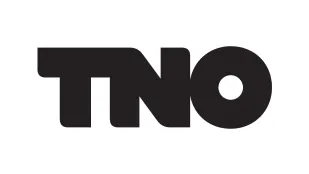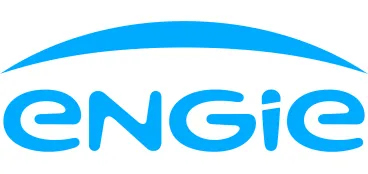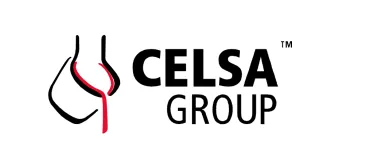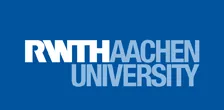The BUTTERFLY project stimulates energy transition and aims to validate an innovative concept for sustainable renewable dimethyl ether (rDME) and methane production from gasification of residues of biological and non-biological origin. The overall objective of BUTTERFLY is to demonstrate in industrial environment the flexible co-production of fuels for hard to decarbonize industrial and transport sectors such as shipping, off-grid heat and power and steel industry. A broad range of feedstock will be analyzed and tested: from a mix of lignocellulosic biomasses to industrial wastes and upgraded wet organic residues. The
BUTTERFLY project has 4 main objectives: Obj 1 – Validate Sorption-enhanced DME synthesis (SEDMES) compatibility with different types of gasifiers operated on various feedstocks and de-risk the process integration, Obj 2 – Demonstrate integration of indirect gasification of residual feedstocks, SEDMES and methanation reactors to co-produce rDME and synthetic natural gas (SNG) with a tunable ratio based on green hydrogen availability and market demand, Obj 3 – Assess sustainability, costs of production and define new value chains and business cases, Obj 4 – Evaluate quality and standards of renewable fuels with end-users in heavy duty transport and marine transport and off-grid domestic, industrial and residential heating.
These objectives will be achieved by joint work of 11 project beneficiaries through six work packages. The LUT team will investigate the environmental performance of the studied system and the potential environmental benefits by conducting a life cycle assessment and presenting the results in the form of carbon handprint.
Project period:
1.7.2023-31.10.2026
Project funding:
European Comission


Goals
The BUTTERFLY project will generate 6 main innovations to the renewable fuel production sector:
- achieving up to 97% carbon fixation in products (rDME and SNG) by using additional green hydrogen,
- enhancing the biomass to fuel conversion efficiency by 15% compared to the conventional separated production technologies,
- delivering a cost-effective technology,
- ensuring a mid-term applications of rDME and liquefied SNG as renewable fuels for a wide range of off-grid use cases including transport, domestic, commercial and industrial heating; as well as production of SNG for gas grid injection,
- allowing the valorisation of different categories of feedstocks for production of renewable fuels and
- delivering rDME according to ISO 16861 standard to be used as fuel and in accordance with REDIII.
Contact

Natalia Vinitskaia

Jouni Havukainen

Kaisa Grönman


Partners









